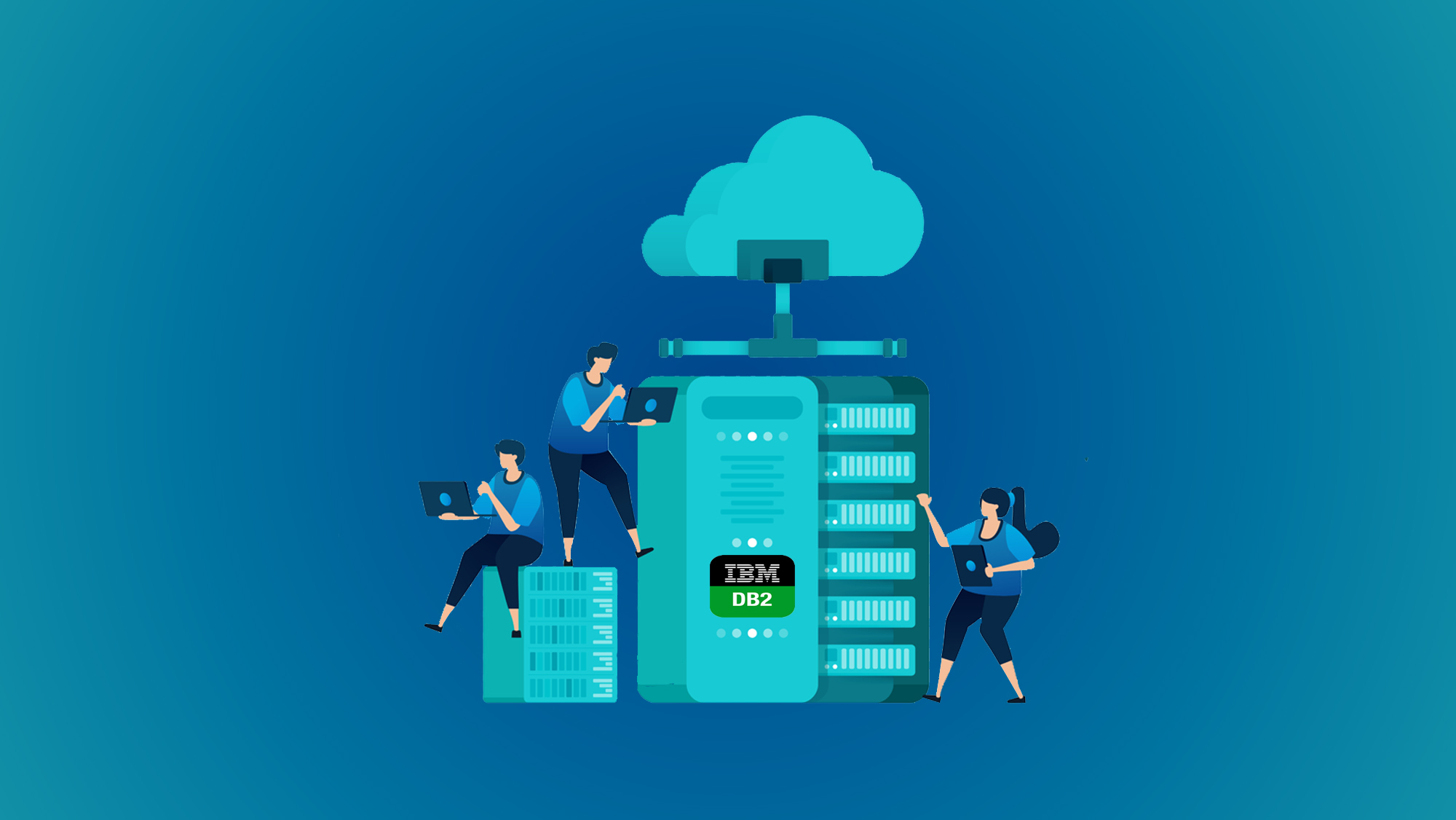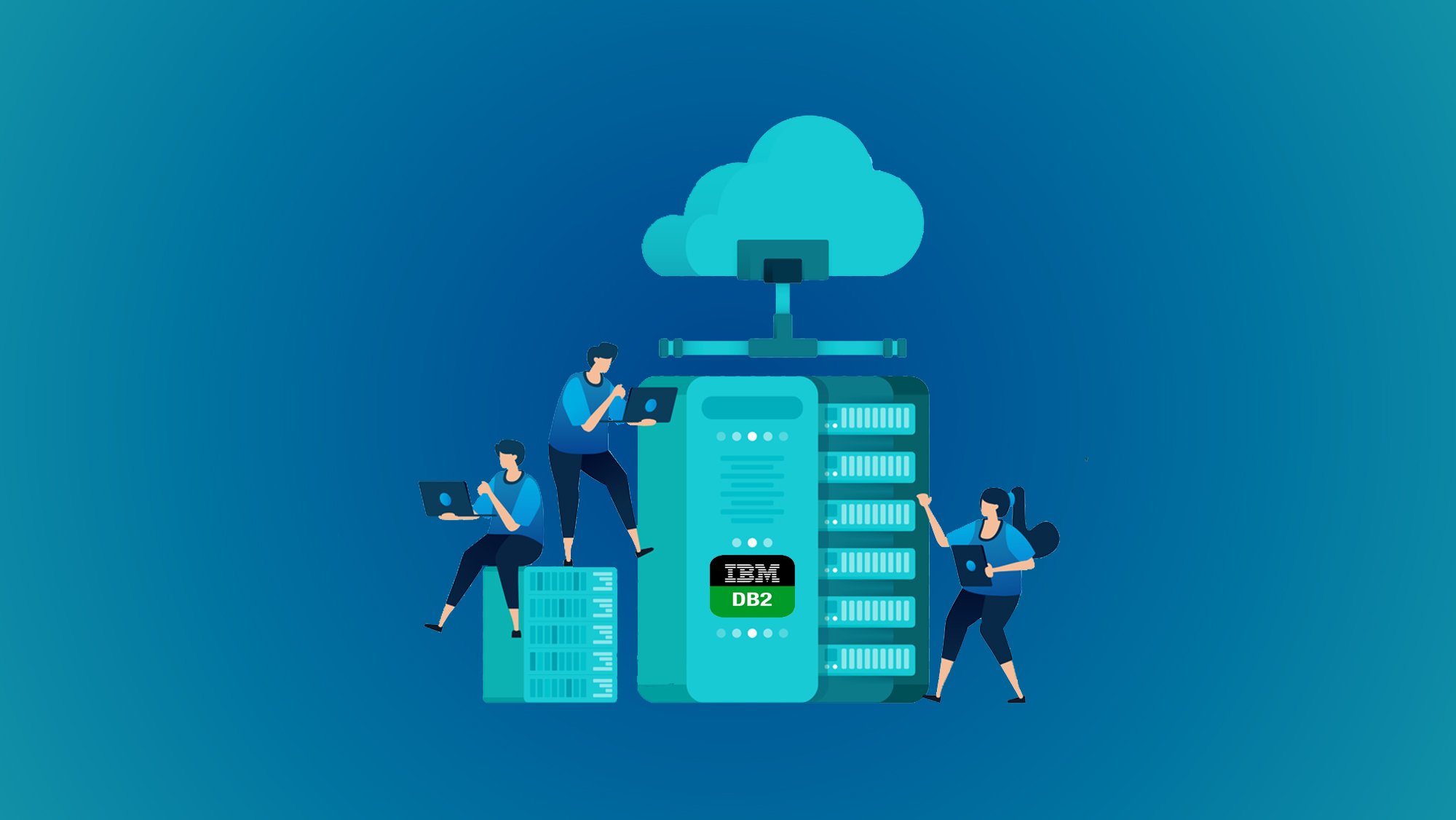DB2 vs Other Databases: Exploring Strengths and Advantages
Introduction:
In the world of database management systems, different options cater to diverse needs and priorities. Among the prominent contenders, IBM's DB2 stands as a strong competitor, offering a range of features and capabilities that set it apart from other databases. In this blog, we'll delve into the strengths and advantages of DB2 compared to other databases, highlighting key differentiators that make it a compelling choice for various applications.
Understanding DB2:
DB2 is a family of data management products, including relational database systems, developed by IBM. It has evolved over the years, with various editions designed to meet the requirements of different environments, from small businesses to large enterprises. DB2 is known for its reliability, scalability, and performance, making it a popular choice for businesses seeking robust data management solutions.
Strengths and Advantages of DB2:
- Flexibility and Compatibility: DB2 offers support for various data types and has strong compatibility with industry standards such as SQL (Structured Query Language) and JDBC (Java Database Connectivity). This makes it easier to migrate from other database systems while ensuring that existing applications can seamlessly interact with the DB2 database.
- Scalability and Performance: DB2 is designed to handle massive amounts of data and can scale horizontally and vertically as your data needs grow. It utilizes advanced query optimization techniques, efficient indexing, and parallel processing to deliver high performance even under heavy workloads.
- Advanced Analytics and Machine Learning: DB2 integrates with IBM Watson Studio and other AI platforms, allowing organizations to perform advanced analytics and implement machine learning models directly within the database. This capability empowers data scientists to gain insights and make predictions without the need to move data to separate analytics environments.
- Security and Compliance: DB2 places a strong emphasis on data security. It offers encryption features for data at rest and in transit, along with robust authentication and access control mechanisms. DB2's auditing and monitoring capabilities help organizations maintain compliance with regulatory requirements.
- Multi-Platform Support: DB2 supports various operating systems and platforms, including Windows, Linux, Unix, and z/OS. This flexibility enables businesses to deploy DB2 in diverse environments, ensuring seamless integration with existing systems.
- Hybrid Cloud Capabilities: DB2 provides hybrid cloud support, allowing organizations to seamlessly manage and move data between on-premises and cloud-based instances. This facilitates hybrid cloud strategies and enables businesses to take advantage of cloud benefits while maintaining control over their data.
- Integrated Tools and Management: DB2 offers a range of tools and utilities for database administration, monitoring, and performance tuning. These tools simplify database management tasks, enhance operational efficiency, and contribute to better overall database performance.
DB2 vs Other Databases: Key Comparisons
- DB2 vs Oracle: Both DB2 and Oracle are powerful relational database systems. DB2's strengths lie in its compatibility, scalability, and analytics integration, while Oracle is known for its robustness and support for complex business logic.
- DB2 vs SQL Server: DB2 excels in cross-platform support and hybrid cloud capabilities, whereas SQL Server is often chosen for its integration with the Microsoft ecosystem and ease of use.
- DB2 vs PostgreSQL: DB2 offers advanced analytics and machine learning integration, making it attractive for data-driven organizations. PostgreSQL, an open-source option, is known for its extensibility and vibrant community support.
Conclusion:
IBM's DB2 stands out among the crowd of database management systems due to its flexibility, scalability, performance, and integration capabilities. Its strengths in compatibility, analytics, security, and hybrid cloud support make it a compelling choice for organizations seeking a reliable and future-proof database solution. While each database has its unique strengths, DB2's advantages position it as a valuable asset for businesses aiming to harness the full potential of their data management efforts.
You May Also Like
These Related Stories

Everything You Need to Know About IBM DB2 Training

Optimizing Performance: Strategies for Maximizing IBM DB2 Efficiency




No Comments Yet
Let us know what you think